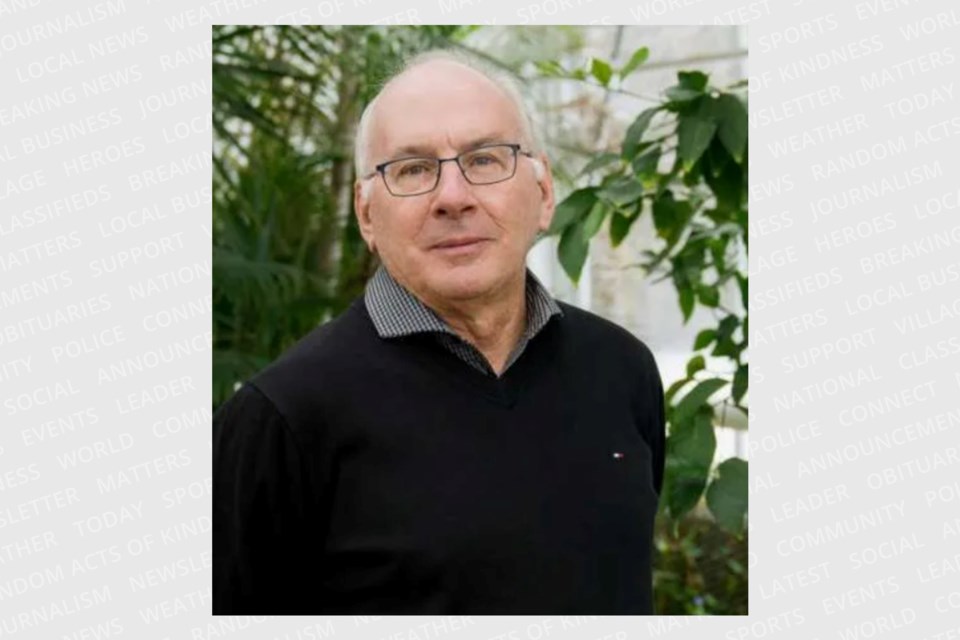A new campus at a university in India is named after a University of Guelph professor and modelled after a similar facility here.
Dr. Babasaheb Ambedkar Marathwada University in Aurangabad, about 340 kilometres northeast of Mumbai, is known as the Paul Hebert Centre for DNA Barcoding and Biodiversity Studies.
“As the world’s most populous nation, India provides a tremendous opportunity to lead the adjustments required for humanity to live in harmony with nature by 2050, the greatest challenge of our times,” said Hebert in a post on the U of G’s website.
Herbert is often referred to as the “father” of DNA barcoding, the post notes.
DNA barcoding is an innovation conceived and developed by U of G researchers led by Hebert. It uses short, standardized sections of an organism’s genome to quickly, accurately and inexpensively identify species in an effort to further understand biodiversity.
The 4,800-square-metre facility in India is modelled after the U of G’s Centre for Biodiversity Genomics, which develops DNA-based identification systems to catalogue and monitor multicellular life.
